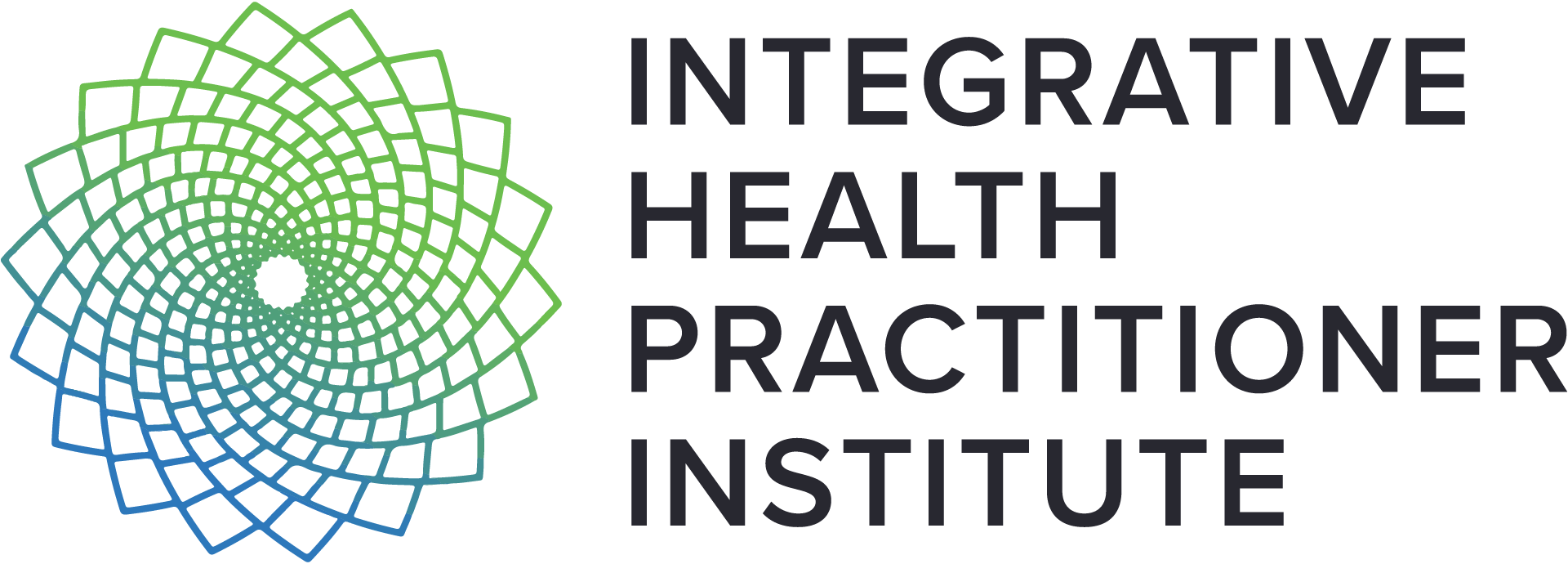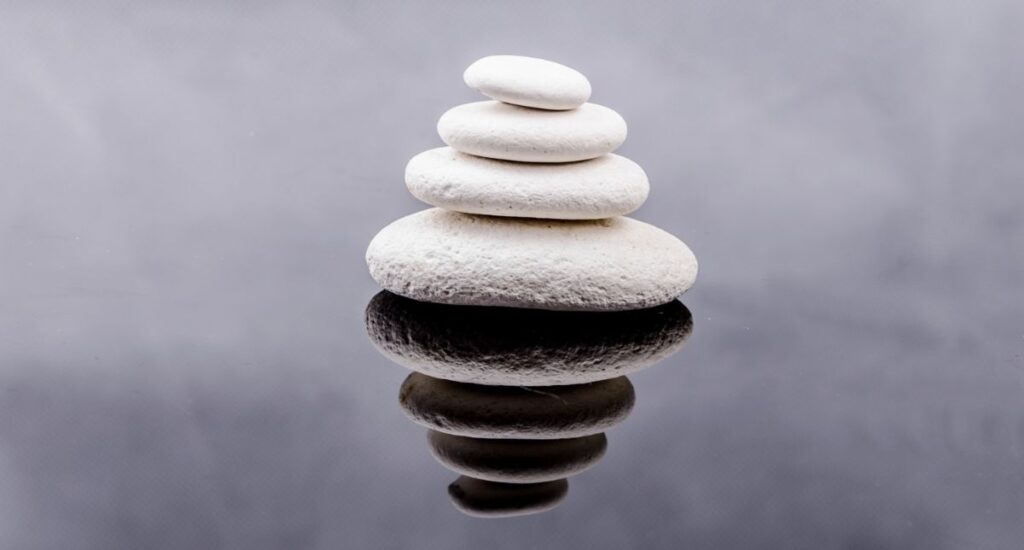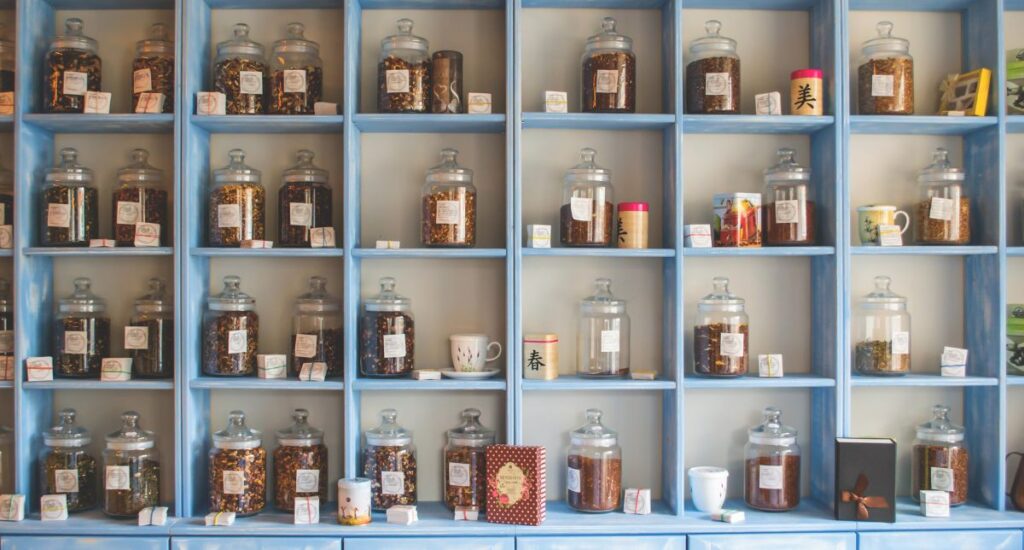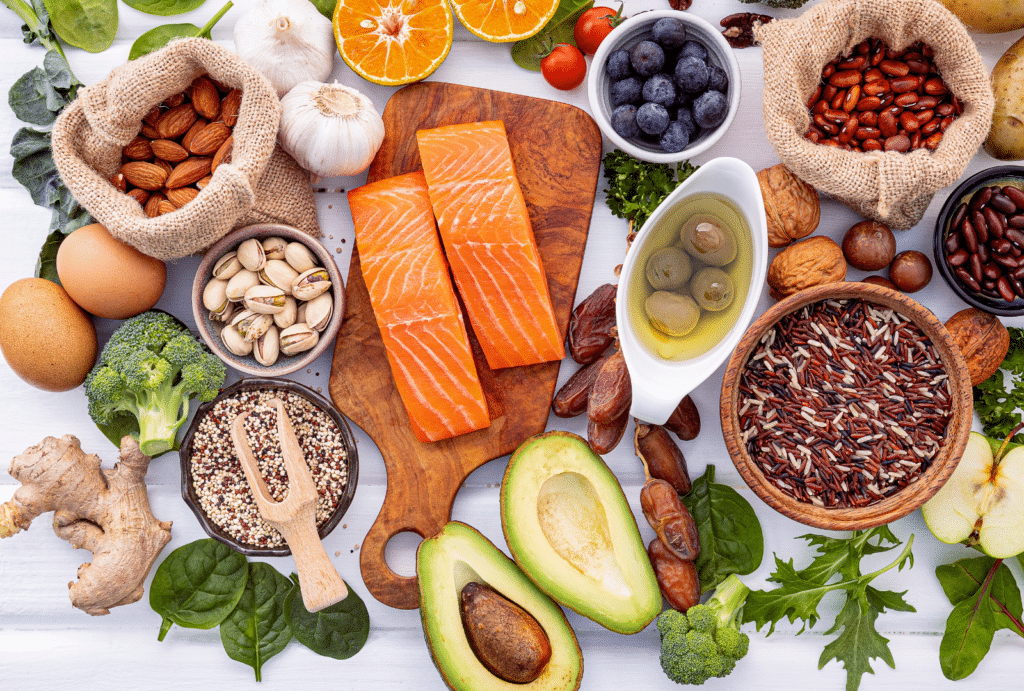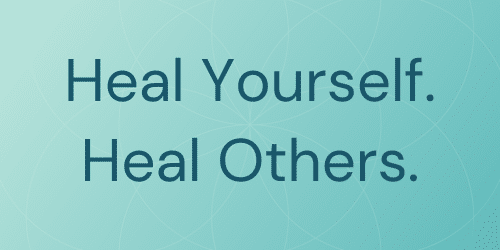“The mind and body are like parallel universes. Anything that happens in the mental universe must leave tracks in the physical one.” -Chinese Proverb
Ever wonder about the secrets of ancient healing practices? You're in luck because today, we're taking a deep dive into nature's remedies, specifically exploring Chinese medicine and herbalism. We're peeling back the layers of an age-old tradition that harmonizes body energy, promotes healing, and offers a holistic approach to well-being.
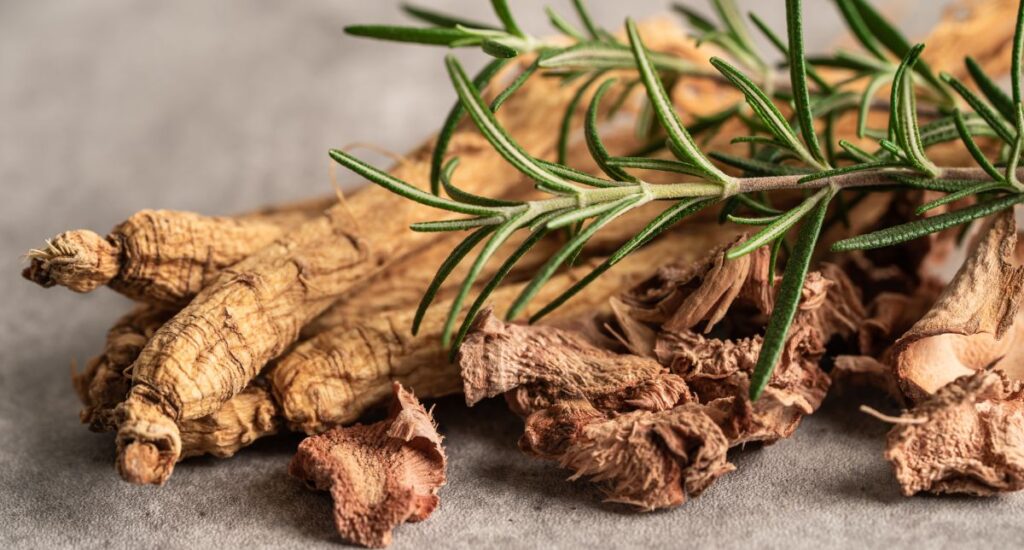
Explore the Principles of Yin and Yang in Chinese Medicine
In the heart of Chinese medicine, you'll find the principles of Yin and Yang—two opposing, yet complementary forces that exist in every aspect of life, from the cosmos to the human body. Certainly, they're like two sides of the same coin, each incomplete without the other.
- Yin symbolizes the feminine, the moon, the night—think cool, slow, passive, and introspective. It's the energy that governs rest and rejuvenation. On the flip side, we have Yang, representing the masculine, the sun, the day—imagine hot, quick, active, and outward-looking. This energy fuels activity and function.
The fascinating part? The balance between Yin and Yang is key to health and well-being. Furthermore, when they're in harmony, you're in the pink of health. But if there's too much of one or the other, it can lead to illness.
Yin and Yang in Modern Life: Achieving Harmony for Optimal Health
Dr. Stephen Cabral, a renowned figure in natural health and functional medicine, offers an enlightening perspective on this. According to him, many modern health issues are due to an imbalance of these forces—perhaps too much Yang (constant activity) and not enough Yin (rest).
Isn't it interesting how these ancient principles are still relevant in our fast-paced modern world?
So, what does balancing Yin and Yang look like in real life? Well, it's about embracing both rest and activity. It's about listening to your body, knowing when to push and when to slow down. It's about nourishing both body and mind with healthy food, restful sleep, meaningful relationships, and fulfilling work.
Remember, you're not just a physical body—you're also an energetic being. Certainly, by harmonizing your Yin and Yang, you tap into the power of nature's remedies, exploring the full potential of Chinese medicine and herbalism.
Ready to harness the power of Yin and Yang for optimal health? Let's dive deeper in the next section!
Harness the Power of Qi for Optimal Health with Chinese Medicine
Now that you have the basics of Yin and Yang in your wellness toolkit, let's add another key concept: Qi (pronounced “chee”). In the realm of Chinese medicine and herbalism, Qi is the life force or vital energy that flows through everything in the universe, including us. It's the invisible thread that connects body, mind, and spirit.
Imagine Qi as a river flowing through your body, nourishing every cell, organ, and tissue. When it flows freely, you feel healthy, energized, and vibrant. On the other hand, when it's blocked or stagnant—like a dammed up river—you might feel sluggish, stressed, or unwell.
So, how do you harness the power of Qi for optimal health? Here are three simple ways:
Breathe Deeply
Your breath is a direct channel to your Qi. Deep, mindful breathing can replenish your Qi, calm your mind, and relax your body. Try it now: take a slow, deep breath in… and a long, gentle breath out…
Move Your Body
Qi loves movement. Activities like Qi Gong, tai chi, or simply taking a walk in nature can help keep your Qi flowing freely.
Eat Nourishing Foods
In Chinese medicine, food is medicine. Eating a balanced, nutrient-rich diet can support your Qi and overall health.
Speaking of food, have you ever thought about detoxification as a way to unblock and rejuvenate your Qi? Dr. Stephen Cabral, a leading voice in natural health, offers practical insights on choosing the right detox for your body. According to Dr. Cabral, a well-designed detox can help eliminate toxins, boost energy, and restore balance—helping your Qi flow freely again.
Harnessing the power of Qi is another way you can explore nature's remedies and the holistic approach of Chinese medicine and herbalism. It's like giving your body a tune-up, aligning you with your natural rhythm and vitality.
But we're not done yet. You're about to uncover another treasure trove of healing potential in the next section, where we dive into the heart of Chinese herbalism. Ready? Let's go!
Uncover the Healing Potential of Chinese Herbalism
Speaking of treasures, you're now stepping into the realm of Chinese herbalism. This ancient practice is like a well-stocked pharmacy of nature's remedies, where each herb has a unique role in promoting healing and well-being.
Chinese herbalism is not about treating symptoms or diseases. It's about balancing your body's energy, or Qi, and supporting your body's innate healing ability. This holistic approach is very much in line with the wisdom of Dr. Cabral, who emphasizes the importance of getting the body back into balance so that the body can do the work to heal. Certainly, Chinese medicine and herbalism has wielded considerable influence. It constitutes one of the 7 disciplines imparted to aspiring Integrative Health Practitioners (IHP) at the Integrative Health Practitioner Institute.
Specifically, Chinese herbalism recognizes the deep connection between our physical health and our emotions. That's why a typical Chinese herbal remedy might include herbs for calming the mind, improving sleep, or uplifting the spirit—along with herbs for addressing specific physical symptoms.
Let's take a look at a few examples of how Chinese herbs can help harmonize body energy:
Ginseng
Known as the “King of Herbs”, ginseng is a powerful adaptogen that can help your body adapt to stress, boost energy, and support immune function.
Goji Berries
These tiny red berries are a nutritional powerhouse, packed with antioxidants, vitamins, and minerals. They're often used in Chinese herbalism to nourish the eyes, liver, and kidneys.
Peony Root
This beautiful flower is not just for show. Its root is used in Chinese medicine to soothe the liver, balance hormones, and alleviate menstrual discomfort.
So there you have it. Chinese herbalism offers a treasury of nature's remedies, each one with its unique supportive properties. By integrating these herbs into your wellness routine, you can support your body's energy, promote healing, and enhance your overall well-being.
With the principles of Yin and Yang, the power of Qi, and the healing potential of Chinese herbs, you're now well-equipped to harmonize your body energy with nature's remedies. Who knew exploring Chinese medicine and herbalism could be such an enlightening journey?
Do you want to learn how the power of ancient Chinese medicine can ignite your own wellness journey and then how you can use this knowledge to help others? Schedule a call with an admissions counselor from the Integrative Health Practitioner Institute today!
